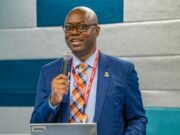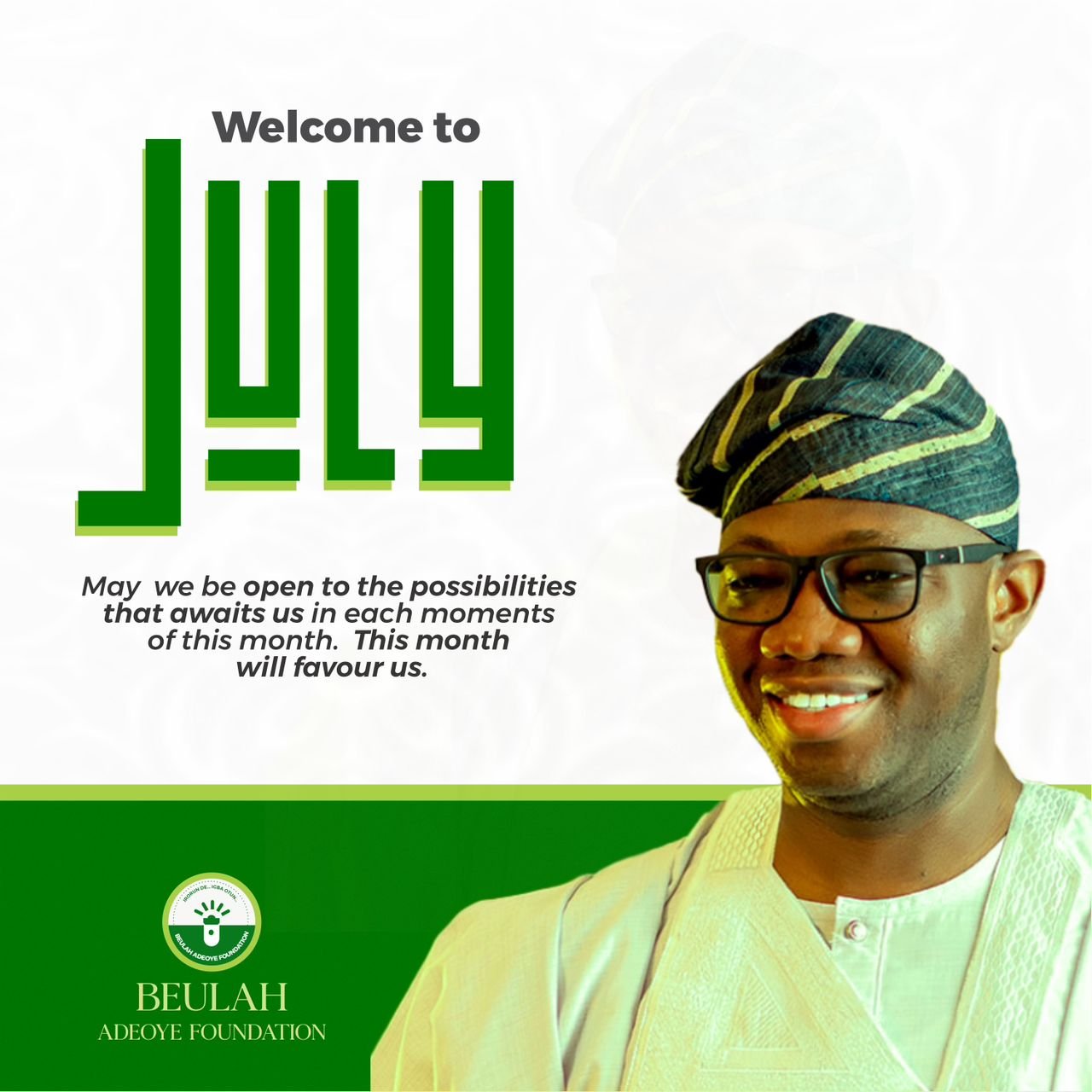Childhood dreams rank among the strongest influences on one’s future career path, and the story of Prof. Afis Ayinde Oladosu is another proof of this claim. His venture into Arabic and Islamic studies did not start ten or twenty years ago; it began during the Islamic scholar’s formative years when he learned about and fell in love with the dynamics of Arabic as a language and the tenets of Islam as an inviting religion. But how far can love and passion take people in the pursuit of their dreams and desires?

Prof. Oladosu’s passions helped him stand his ground through a Christian missionary high school, and they grew in leaps and bounds as he passed through tutelage at the Arabic Institute of Nigeria. Exposure to Islamic language, culture, history, peculiarities, and people further endeared the young Afis to the religion. During his years at the institute, he got the clearest vision of what he would love to become, what could make him fulfilled in the end. The Arabic and Islamic worlds have so much knowledge and wisdom to bequeath a curious and searching scholar, and Oladosu joined the league of such curious scholars. Deep-rooted study and academic sojourns at the University of Ibadan eventually led the scholar to find his path and purpose in the study of an academic triad: Arab-Islamism, Afrabism, and Contrapuntal Criticism. These three terms are not the result of a man’s toying with huge words but the products of a man’s toil in wide academic fields.
What is the relationship between Arabic as a language and Islam as a religion? Arab-Islamism is a three-dimensional academic field of study that explores the relationship between Arabic (Arab) as a language and culture and Islam as a religion; it explores the meeting point between both. Arabic is considered the language of Islam and the vehicle of communication within the Islamic religious world. However, is there more to these two concepts than the one being a communication vehicle within the circle of the other? Arab-Islamism as a field of study is three-forked–the Disaffiliation of Arab-Islamism, the Affiliation of Arab-Islamism, and the Filiation of Arab-Islamism. These are the three components of the first field of study on which Oladosu has spent the better part of his scholarly life.
What is the Disaffiliation of Arab-Islamism, and how does it come to play? Prof. Oladosu has a special interest in how people concern themselves with the study of Arabic and Islam. The non-Arabs and non-Africans have a peculiar and disengaged way of studying Arab-Islamism. They study it from a third-person and disaffiliated angle, studying the concept while disengaging themselves from the ideals of the religion and the culture of the people. These Arab-Islamism scholars portray themselves as adherents and proponents of the concept, while in real life, they study the concept out of pure human curiosity and not because of passion or belief in the religion.
Oladosu’s academic findings prove the disaffiliation of Arab-Islamism; how there are more non-Arab, non-Muslim scholars conducting deep studies of the Arab-Islamic world than there are Arab-Muslim or non-Arab Muslim scholars. He posits that most non-Muslim scholars in the Arab-Islamic field of study are there for the potential monetary gains that such an under-explored field offers. He further posits that one of the major factors causing this is the dependence of the Arab-Islamic world and its scholars on external non-Arab, non-Muslim scholars. On the one hand, is Arab-Islamism, while on the other, there are disengaged, spiritually disconnected scholars. If the disaffiliation of Arab-Islamism concerns spiritually unconnected scholars, what then is the affiliation of Arab-Islamism?
The affiliation of Arab-Islamism is a study of Arab-Islamism that transcends scholarly dealings and takes some steps further. It is a class of scholars who connect with the Arabic and Islamic world beyond being scholars. They are the ones who study these two concepts due to the undying love they have for Islamism and Arabic as a language. Affiliated scholars have viewed Arab-Islamism as a phenomenon bigger than they are, a phenomenon whose ideals they guard jealously. These affiliated scholars could be Muslims or Christians; however, one thing unites them–the study of Arabic and Islam for what they are and not for personal or monetary gains.
The Arabs’ presence in colonial Africa preceded that of the Europeans, and it is faulty and untrue to claim that Africa had no civilization before the coming of the Europeans. If the Arabs were in Africa, and if there is a standard Arabic system of numbe














































